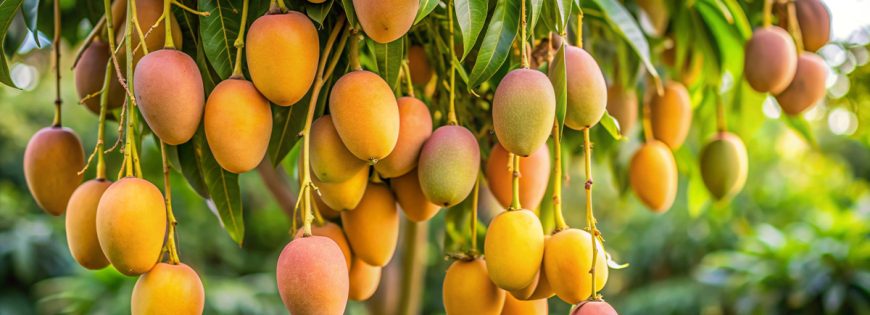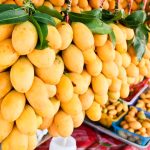With increasing awareness around food safety and sustainability, organic mango farming is gaining global attention. But what exactly makes organic mangoes better — and how can farmers make the switch?
1. What is Organic Mango Farming?
Organic farming avoids synthetic fertilizers, pesticides, and genetically modified organisms (GMOs). Instead, it uses natural alternatives like:
- Compost
- Neem oil
- Cow manure
- Companion planting
2. Benefits of Organic Mango Farming
- Healthier Produce: Free from chemical residues
- Better Soil Health: Organic matter improves soil fertility
- Higher Market Value: Organic mangoes sell at a premium
- Eco-Friendly: Less pollution, more biodiversity
3. Steps to Start Organic Mango Farming
- Convert land with a 3-year transition period
- Use organic-certified fertilizers and treatments
- Maintain documentation for organic certification
4. Challenges to Watch For
- Pest management can be harder initially
- Certification costs and requirements
- Yield may be slightly lower in early years
5. Tips for Success
- Partner with organic cooperatives or buyers
- Market online — people love buying directly from farmers
- Use storytelling: consumers love knowing the “why” behind their food
Conclusion
Organic mango farming isn’t just a trend — it’s the future of sustainable agriculture. With the right approach, farmers can grow delicious, eco-friendly mangoes while protecting the planet.


